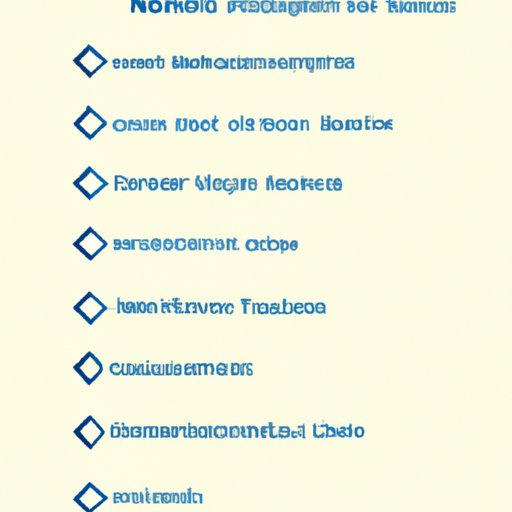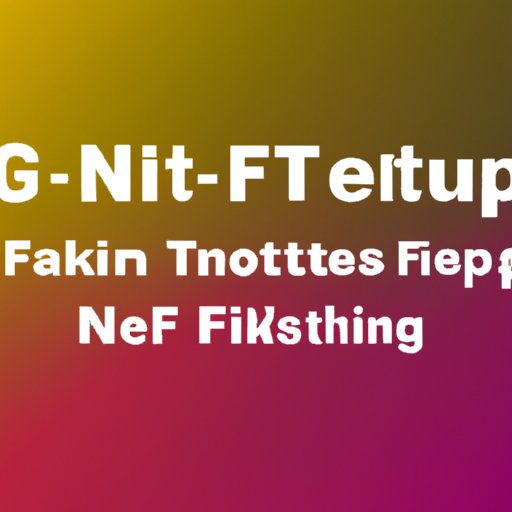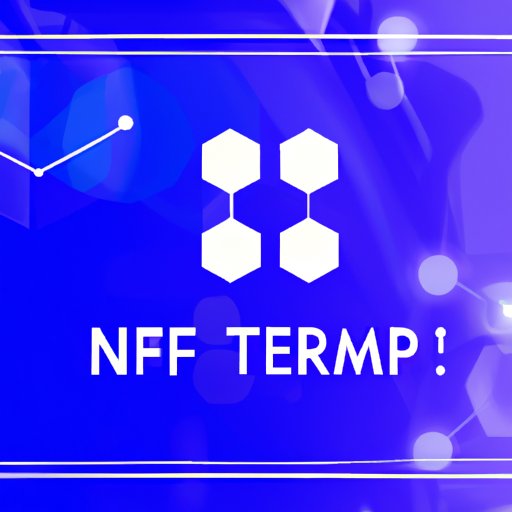Introduction
Non-Fungible Tokens (NFTs) are digital assets stored on a blockchain that are unique and cannot be exchanged for other tokens. They are becoming increasingly popular in the world of cryptocurrency, allowing users to buy, sell, and trade digital items such as artwork, music, games, and more. Starting an NFT business can be a great way to make money and capitalize on the growing demand for these digital assets.
Explaining How to Create an NFT and Launch a Platform for It
Creating an NFT requires a few steps, but it’s not overly complicated. First, you’ll need to create a digital asset that can be represented by an NFT, such as artwork or music. Once the asset is created, you’ll need to generate a smart contract that will represent the asset on the blockchain. This contract will include information about the asset, such as its ownership, price, and other pertinent details. Finally, you’ll need to launch a platform that allows users to purchase and trade your NFTs.
There are several popular platforms for launching an NFT business, including Ethereum, EOS, and Tron. Each of these platforms has their own advantages and disadvantages, so it’s important to do some research before deciding which one is best for you. For example, Ethereum is the most popular platform but it also has high transaction fees. On the other hand, EOS is cheaper but lacks the same level of security as Ethereum.
When choosing a platform for your NFT business, it’s important to consider factors such as fees, security, scalability, and user experience. You should also look for platforms with built-in features that make it easier to manage your NFTs, such as analytics tools and automated payment processing.

Types of NFTs and Their Uses
There are several different types of NFTs that can be used for various purposes. The most common type is the collectible, which is a digital asset that can be traded or sold like a physical item. These assets can range from art and music to virtual land and gaming items. Other types of NFTs include utility tokens, which are used to access services or products, and security tokens, which represent ownership in a company or project.
The uses for each type of NFT vary depending on the asset. For example, collectible NFTs can be used for collecting rare items, buying and selling digital artwork, or trading virtual land. Utility tokens can be used to access content, receive discounts, or redeem rewards. Security tokens can be used for investing in companies or projects and receiving dividends.

Best Practices for Starting an NFT Business
Starting an NFT business comes with a few considerations and best practices to ensure success. When choosing a platform for your NFTs, it’s important to consider the fees, security, scalability, and user experience. Additionally, you should research the different types of NFTs available and decide which ones are best suited for your business. Finally, you should come up with a marketing plan to promote your NFTs and maximize profits.
One tip for marketing your NFTs is to target potential customers who may be interested in the digital asset you’re offering. You can do this by using social media, creating content, and leveraging influencers. Additionally, you should focus on building relationships with customers and providing them with excellent customer service. This will help build trust and loyalty, which can lead to increased sales and profits.
Conclusion
Starting an NFT business can be a great way to make money and capitalize on the growing demand for digital assets. To get started, you’ll need to create an NFT, launch a platform for it, and market it to potential customers. It’s important to research the different types of NFTs available and choose the best platform for your needs. Additionally, following best practices such as targeting potential customers and providing excellent customer service can help maximize profits.
(Note: Is this article not meeting your expectations? Do you have knowledge or insights to share? Unlock new opportunities and expand your reach by joining our authors team. Click Registration to join us and share your expertise with our readers.)
